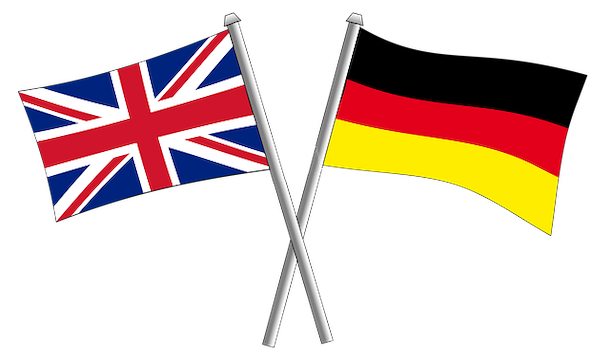We have been witnessing a bloodless re-run of 1940. Britain is being expelled from the Continent by order of Germany and is turning to the New World and Commonwealth. Europe has an unchallenged hegemon, Germany, and France fits easily into the role once taken by Vichy. The Continent now has a single economic system, ruled by Germany, and the shade of Bethmann Hollweg must smile at the full realization of Mitteleuropa.
The successors to his vision must manage their own variant. From the Telegraph of 2 October I take this, by Philip Johnston: “They [the EU] have an agenda for greater eurozone integration that they wish to pursue without a recalcitrant UK imprisoned inside the institution frustrating their plans.”
The departing UK has bequeathed its recalcitrance to the South and to the East of Elbia. Youth unemployment to the South, Third World Migration to the East are problems insoluble by the EU leadership. The Eurocracy may ponder on the symbolic warning of Breughel’s The Tower of Babel, which can conveniently be viewed in Vienna’s Kunsthistorisches Museum. It is a vision of a unified, monolingual humanity which is already sinking under the technical inadequacies of the builders—and the variety of tongues spoken (Genesis 11:4). You would not care to insure the collapsing structure that Breughel depicts.
The EU has given up its hope of imposing a Treaty of Brest-Litovsk upon the UK and must now plan for post-Brexit negotiations. These will be genuine negotiations, between formal equals, and not the supplications of sequencing that Theresa May cravenly yielded to the EU.
Her spiritual descent from the Lord Halifax of Darkest Hour has not gone unnoticed. She has now said (at the Cheltenham Literature Festival) that she will not be getting to work on a political autobiography, but may write a memoir, presumably on the lines of “Heads of State I have been kissed by.” In the Commons she is now seen sitting next to Kenneth Clarke, glowering at the back of Boris.
The reception accorded to Cameron’s For the Record should alert her to the dangers of trying to con the public retrospectively. A succession of reviewers has focused on his complete lack of understanding his own public, with one phrase striking an especially discordant note: “the foam-flecked Faragists.” Those same people, whom he memorably described on TV as “looneys, fruitcakes, and closet racists,” did in his premiership. A little less contempt would have served him well, and might have staved off the Revenge of the Fruitcakes.
We move into a new era. The Anglosphere, the great success story of the 20th and 21st centuries, will continue down the path that Churchill predicted. The UK continues its pattern of steady growth with high employment, and it is taking the advice of Australia on how best to manage its points-system migration. The EU has lost its greatest captive, and must contemplate filling its thinned ranks with Albania and Serbia. Few will regard this as a profitable exchange. But the EU has always regarded Brexit as a disciplinary issue, and would-be deserters are to be punished pour encourager les autres. The idea of a deal with the EU, which Boris Johnson has found tactically useful, is now dead. That is because the EU rests on a secular theology, and the British secession was heresy.
John Bolton, in a speech to the American Enterprise Institute two years ago, compared the EU to the Britain of George III. America’s revolt was against a distant and unaccountable power, and that is the way that the British now feel about the EU. The past continues to stare us down: in August Dominic Raab and Liz Truss, both highly placed in Johnson’s Cabinet, visited Washington. Ambrose Evans-Phillips thought this a loose 1940 parallel to “destroyers for bases” and the Tizard Mission. That distant past returns to animate our sense of the present.

Leave a Reply